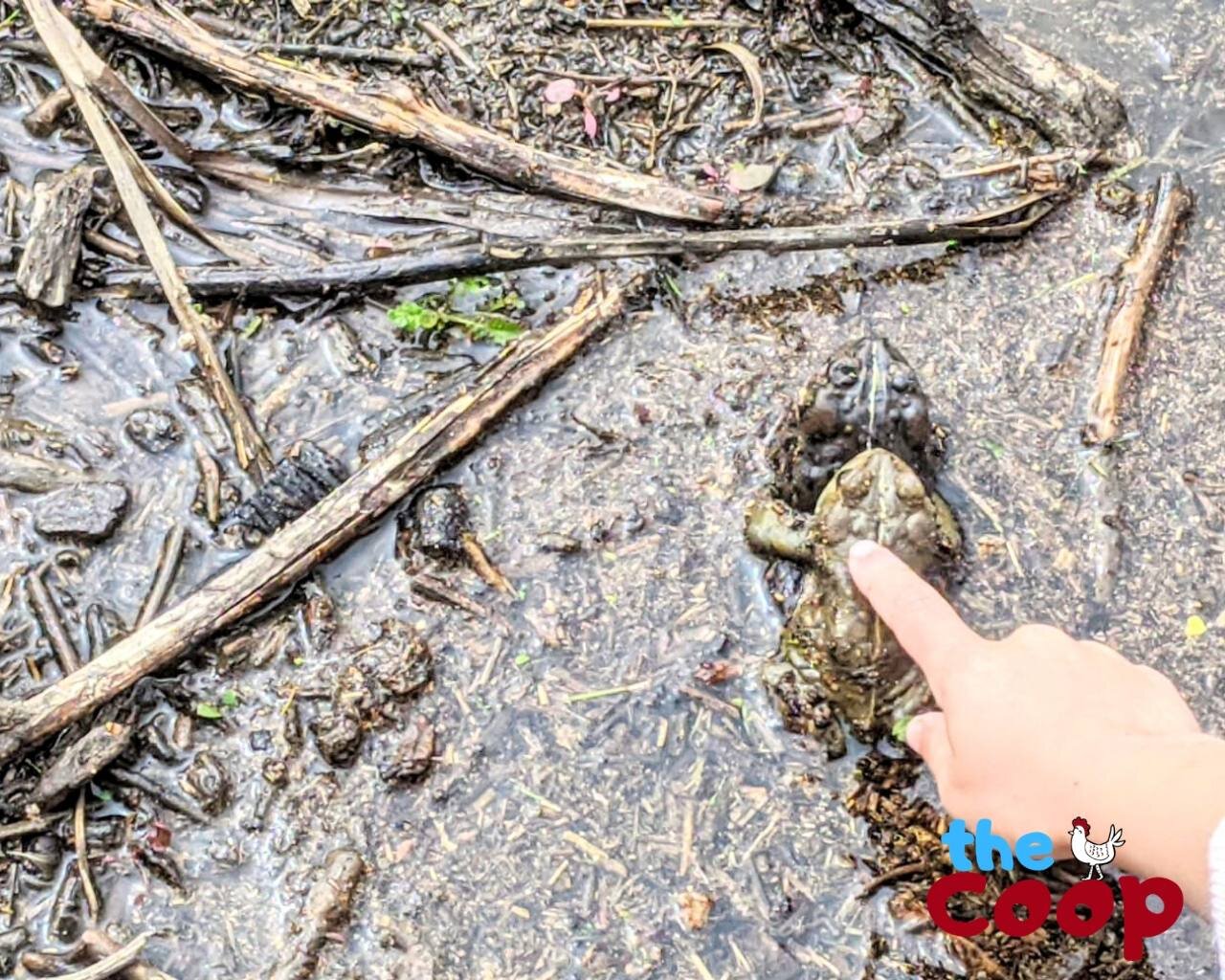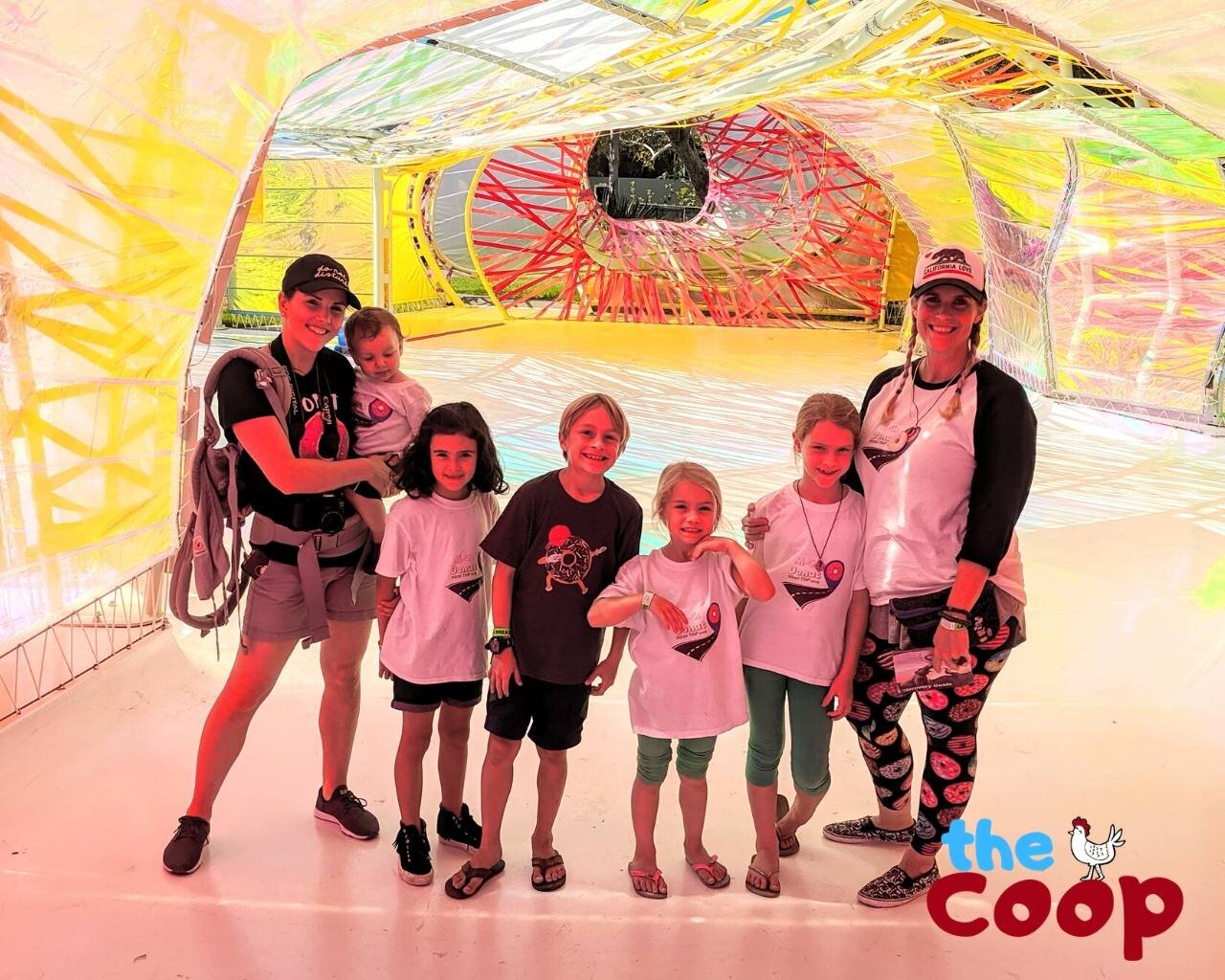What is Homeschooling?
What is Homeschooling?
That is a loaded question for sure. Loaded with mindsets, philosophies, curriculum, experiences, cooperative learning & friendships, ministering to others, lifestyle choices, family time, and more. But most of all, it’s loaded with love.
I can not possibly unpack this question in a simple blog post, but what I can do is draw your attention to some of the various aspects to consider and some choices that you need to make for purposeful homeschooling.
First, Homeschooling is a Mindset.
Mindset, simply put, is your consistent mental attitude towards how you react and respond to situations. The first question you need to answer is this:
What is my mental attitude towards homeschooling my children?
Write your answer before reading further.
Look at your answer. That will tell you right away how you are approaching your homeschooling life. Did you write that it is exciting for you, scary for you, a fun new experience or goal, or a drudgery that you resent? Look at what you wrote - Is this a mental attitude you want?
If you do not have the attitude you want, try thinking of homeschooling as a choice. Whether or not it is a choice right now, how you respond, what you engage in, what you dwell on, what you do with your kids, all of that is a choice. Most of all, you are choosing your children. Choosing to invest yourself in them. A choice to use these few precious weeks, months, or years where they want to learn from you more than anyone else. Your children choose you every day. Choose them. Choose to be the primary person who gets to pour into their souls with your thoughts, values, wisdom, knowledge, character and more. And every morning when you wake up, say out loud:
“I choose you. And I'll choose you over and over and over. Without pause, without a doubt, in a heartbeat. I'll keep choosing you.”
Unknown
Second, Homeschooling is Educational Philosophies
I’ve spoken with many traditional school educators who do not know that there are many educational philosophies out there. They don’t need to know, since they all mostly follow the same philosophy, the Traditional School Model. They have to. I learned a little bit about educational philosophy in my Master’s of Education degree - but it was having to do mostly with whether or not to mainstream students with special needs. I had no idea about the spectrum of philosophies and choices out there until I started attending homeschool conferences (The Great Homeschool Conference is a great one.) So, no one expects you to know them either. But it helps. It helps a lot.
There are different kinds of architecture - like Ancient Roman, Gothic, NeoGothic, Art Deco, and dozens more - my favorite being Mid-Century Modern. Many of us non-architects look at a building and say, “Pretty.” or “Too ornate.” or “Looks like an army barracks, not a home.” without knowing the time period, influences, economy, or any kind of context of its time. We non-architects have no idea the thought, the theories, the planning, the formulas, the science and engineering that all went into making the building. In most subjects there is a depth that we do not know, and that depth is something that we don’t know that we don’t know. We think we do. The same goes for education.
Remove from your mind the myth that “this is how I was raised, and it worked for me!” Remove from your mind the myth that “this is how it has always been done, so it must be the right way.” Tell your mind to think outside the box and consider that there are dozens of other ways to educate your child - and that all of these ways have research, proof, testing, and satisfaction to support it. It’s just a matter of what you, your child(ren), and your family unit enjoy most paired with how your child learns best (learning style).
So consider researching some of these main homeschooling philosophies in this short list below to see if any of these fit with you and your unique children, family, and the lifestyle you want. There are many websites and blogs and books devoted to teaching each philosophy and how to execute it. It might not change your activities or curriculum, or it might drastically evolve your activities into something else. But no matter what, the philosophy will affect your lens and how you approach your homeschooling.
Traditional School-At-Home
This one can be free (provided by your public school or charter school hybrid) or can be expensive in that you have to purchase a boxed curriculum that addresses the entirety of your school subjects. It handles all the subjects and may require a more traditional type of seating, teaching, testing, and homework. It’s the idea that you want to transfer the traditional school model to your home. You have more of a rigid schedule and typically enforce deadlines and grades. Even though this is teacher-heavy, families who choose this avenue relax in their trust that all the background work has been done for them, and they can just execute.
Eclectic
You pick and choose what you like and what works for you from all different philosophies and curriculum types, without sticking to any one method. You are educated about the other methods and so pull from other methods/theories because you see benefits in them all. This is the category I fit in, because I truly see value in all 6 listed here and utilize aspects of all of them.
Classical
This method is a historical way that people learned in the Renaissance, Greek and Roman times. It focuses on the “Great Books” and utilizes 3 stages of learning, Grammar, Logic, and Rhetoric. It focuses on classical languages like Latin and Greek. Healthy debate is a big way high schoolers hone in on their knowledge. Students who have studied this way end up being highly well-read and knowledgeable about history, culture, and sociology. If your child is interested in linguistics, ancient history, and joining academia or becoming a lawyer, this avenue may be one for you to research and try.
Charlotte Mason
This one is for all you nature-focused families. You learn, draw, create, and study in a natural environment, taking hikes, and interacting with nature on a daily basis. You discuss content instead of testing it. You copy good literature and learn good writing, spelling, and grammar through copywork. You read “living books” and study art, the world, and enjoy many museums. You can actually read Charlotte Mason’s books which she wrote at the turn of the 20th Century. There are many blogs and websites that are dedicated to helping make her nature-based education easy for anyone to execute through their curriculum they offer. Young children especially will typically connect well to this approach since nature is at the heart of it.
Montessori
This method lets your child lead a bit more than the other approaches listed above, and thrives on letting your child move at their own pace, pursuing their own interests. Natural wood toys, read-alouds, good simple books, and an uncluttered, non-confusing play space are all typical of Montessori homes. Media such as TV and computers are usually not part of a Montessori education for young children. The older children will help teach the younger. This method works great for elementary age kids and gives them a feeling of choice and autonomy.
Un-Schooling
If you like catching your kids in teachable moments and do not want pre-set schedules or parent predetermined daily goals, this might be the right approach for you. This approach is a tricky one to explain since it can easily be confused with the spectrum of the Eclectic homeschoolers. The difference is, with Un-Schooling, the child leads and they pursue their interests much like adults. You are teaching your kids how to learn, not what to learn. Many homeschoolers who utilize philosophies 2-5 listed above usually have an element of un-schooling in their day. John Holt, founder of un-schooling, teaches that living is learning, you cannot separate them. While many homeschoolers take on this mindset, they do not follow that in their practice. Un-schoolers really take this mindset to heart and do follow Holt’s advice in practice by making activities, experiences, books, games, etc available for their children to pursue, but only if they choose to. Sounds really ideal to most of us, but actually takes a lot of thought and intention and trust in the process from the parents to execute.
I am friends with over 50 homeschool families and these are the top six philosophies that we all discuss amongst ourselves. Some of my mom friends are deeply committed to one while others pull from 1-3 of these. Whatever fits your teaching style, your child’s learning style, and your family’s lifestyle is for you to figure out. You don’t have to know any of this - but it helps. Just like if you went to an architect to custom build you a home, she would ask you, what style do you prefer, you would not sit there and say, “Just design the same home you design for everyone else.” No. You would say, “I want my family room to look like this...and my kitchen to have this many drawers and to be open to the dining room...etc.”
If you have 1-2 hours one night, just spend some time researching. You will learn about your children and maybe even yourself!
Third, Homeschooling is Curriculum.
This choice is yours, and is typically based upon the philosophy you prefer. It’s okay to try something, and if it doesn’t fit both you and your child, you can try another. Talk with your homeschool friends. Look at their curriculum. Listen to their pros and cons for their family.
Also, you can attend homeschool conferences and in their exhibit hall they usually have over a hundred exhibitors of curriculum companies. The curriculum writers are usually there to talk to you about it, and they let you thumb through it to gauge if it is right for you. They also host some of the conference sessions to teach it to you for one full hour. For me, homeschool conferences are the best way to get to know a curriculum before you buy it.
More about this, with our favorite picks and reviews in our curriculum section coming soon.
Fourth, Homeschooling is Experiences
Many homeschoolers do not spend the 5 days of school per week at home. Most of my life with my children is spent out in the world, learning about the world, and interacting with the world and the diverse people within it first hand. For example, around Christmas time, we spent part of our school day memorizing our caroling songs and our script for performing a caroling show at an Alzheimer's assisted care facility.
We do not really have a typical school day more than 1-3 days a week. The majority of our week is us exploring, out at museums, trampoline parks, aquariums, riding public transportation somewhere, amusement parks, play dates, and pre-scheduled learning classes. Learning classes for us include piano weekly, gymnastics weekly, dance weekly, a sport league during its season, our church Youth Group weekly, and Homeschool Arts for 3 hours once a week which includes art, movement, and theater with 20 other homeschool kids. There are an overwhelming amount of options available for homeschoolers to attend robotics classes, Chinese classes, Lego STEM classes, debate clubs, and more - all offered by homeschooling educational institutions during the day. Children truly can spend hours during the normal school day pursuing their passions which frees up time for the family in the evenings.
Fifth, Homeschooling is Cooperative Learning & Friendships
Many homeschool families are part of a co-op. Some are more formal and require every mom/dad to teach one weekly meeting in rotation and have specific educational goals and deadlines in mind. Some, like the one we are in, is one we created ourselves to play, adventure, celebrate holidays, form long-lasting friendships and memories. Currently ours has about 9-12 active families - kids ranging from newborn to 12 years old - adding up to about 20 kids. Each co-op is different, run differently, but most have a similar purpose...to give their kids have playmates and teach them to play with kindness and fun with kids of all ages, not just their peers. It’s a great opportunity, especially for families who are homeschooling a single-child.
Usually there are groupings of kids who are besties and thrive on being together a lot. They are learning how to be inclusive but also be able to stand up for themselves and pursue their interests within the group setting. Some of our closest friends are in our co-op. And some besties are traditionally schooled. Friendships can be in your co-op or outside of it.
What I have noticed about my homeschooling friends is that typically, the siblings are deeply connected. They are each other’s best friends. The friendship grows as they grow. Even with a big age gap - there is something so precious about the older sibling getting to experience all the milestones together with their much younger sibling. Getting to see your sibling learn to read for the first time is a family celebration that the parent and children get to experience together. My older one is learning from me how to teach our youngest how to read. He will be the one that can say, “I taught my sister how to read.” And he is only 9-years-old. It is a gift and a privilege.
More about how to start a co-op and execute it successfully coming soon.
Sixth, Homeschooling is Freedom
Freedom to minister to others. Freedom to spend time together as a family. Freedom to go on vacations during the year when places are less crowded and the weather is nice. Freedom to pursue interests. Freedom to do house chores during the day. Freedom to work on a skill until it is mastered, or to move on and just circle back once your child develops that part of their brain. Freedom to go visit Nana and Papa and spend time with them for days at a time. Freedom to play for hours every day. Freedom for moms or dads to pursue their interests and work from home. Freedom to think outside the box. Freedom to make choices that work for you, your child, and your family. Freedom to hover and help your child socialize with wisdom. Freedom to know your child’s pain and challenges in their day - because you are there.
Remember, this is a choice you are making, even if you are not. Choose to cuddle more, choose to put the worksheets aside and just listen to your kids, choose to give lots of free time for reading and creative play, choose to not sweat the small stuff, choose to regard this family time as precious, and choose to enjoy every moment. And that is homeschooling.








